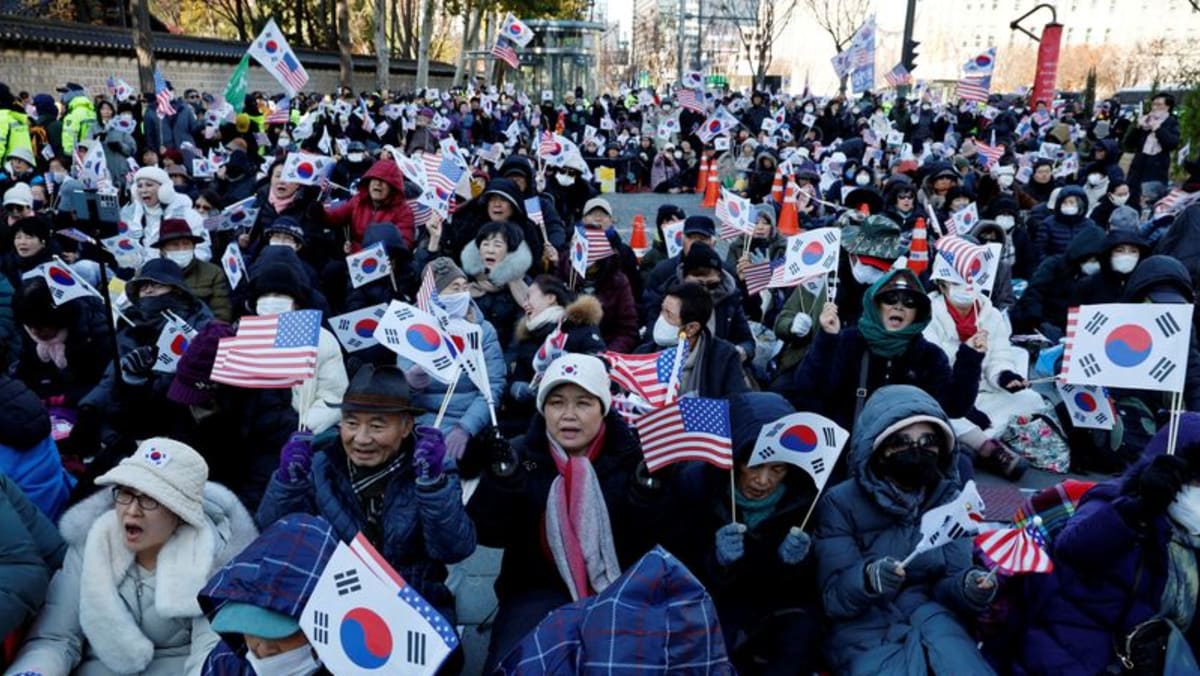4/5 stars
Choi Min-sik leads a team of paranormal investigators tasked with digging up ghosts of the past, both literal and metaphorical, in Jang Jae-hyun’s new supernatural thriller Exhuma, which is already the year’s biggest hit at the Korean box office.
Exhuma is not the first time Jang has explored the collision of ideas and ideologies between religion and ritual. To date, all of the writer-director’s feature films, including The Priests (2015) and Svaha: The Sixth Finger (2019), have broached similar territory, but his latest emerges as far and away his most complete and compelling effort yet.
His infant son has shown signs of distress since the moment he was born, despite displaying no medical issues. Hwa-rim quickly ascertains that the issue has affected all of the family’s firstborn males, and traces the source back to Park’s ancestral grandfather, who is buried back in Korea.
Returning to their homeland, Hwa-rim enlists the help of Kim Sang-duk, as well as funeral director Ko (Yoo Hai-jin), to exhume the grave. Once located, however, the team immediately expresses concerns about the ominous feng shui of the gravesite’s location and bizarre markings on its anonymous headstone.
Hwa-rim leads them in a shamanistic cleansing ritual, designed to protect them during the exhumation, but no sooner has the ornate coffin been discovered than a fearsome and malevolent force is unleashed upon them.
What unfolds is a riveting supernatural thriller, brimming with shocks and surprises as well as a generous helping of ghoulish gore.

What elevates Exhuma above conventional Friday night horror fare, however, is Jang’s intelligent and richly detailed screenplay. It plumbs the depths of Korea’s complicated history and unearths long-buried demons that continue to haunt not only the Park dynasty, but the entire nation.
Choi Min-sik and Kim Go-eun deliver stellar performances, but the real stand-out here is Jang’s vivid representation of the unsettling, otherworldly entities that lurk in the shadows and linger in the darkest recesses of our collective past.







